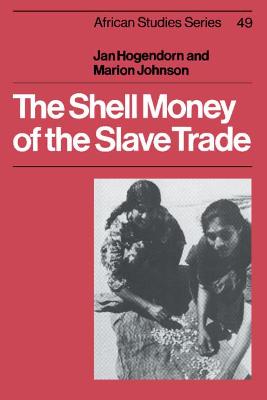African Studies
2 total works
The Shell Money of the Slave Trade
by Jan S. Hogendorn and Marion Johnson
Published 11 September 1986
This study examines the role of cowrie-shell money in West African trade, particularly the slave trade. The shells were carried from the Maldives to the Mediterranean by Arab traders for further transport across the Sahara, and to Europe by competing Portuguese, Dutch, English and French traders for onward transport to the West African coast. In Africa they served to purchase the slaves exported to the New World, as well as other less sinister exports. Over a large part of West Africa they became the regular market currency, but were severely devalued by the importation of thousands of tons of the cheaper Zanzibar cowries. Colonial governments disliked cowries because of the inflation and encouraged their replacement by low-value coins. They disappeared almost totally, to re-appear during the depression of the 1930s, and have been found occasionally in the markets of remote frontier districts, avoiding exchange and currency control problems.
This book examines the gradual decline of slavery in Northern Nigeria during the first forty years of colonial rule. At the time of the British conquest, the Sokoto Caliphate was one of the largest slave societies in modern history. The authors have written a thoughtful and provocative book which raises doubts over the moral legitimacy of both the Sokoto Caliphate and the colonial state. They chart the development of British colonial policy towards resolving the dilemma of slavery and how to end it.

